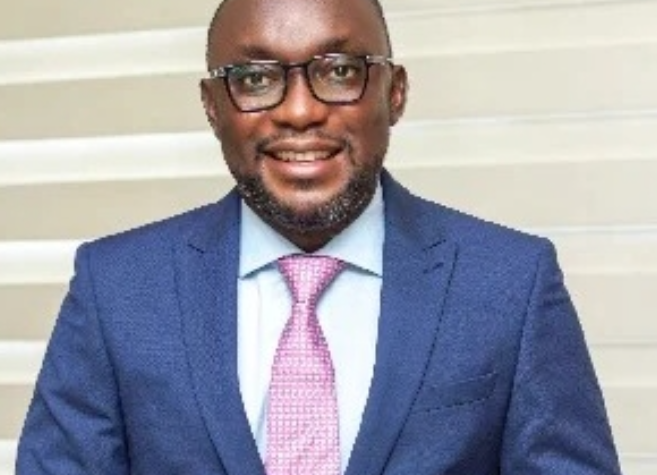The Member of Parliament for Abuakwa South and a member of the Education Select Committee, Dr. Kingsley Agyemang, has called for a complete overhaul of the educational assessment system as a long-term solution to recurring malpractice challenges.
According to Dr. Agyemang, the persistence of exam leakages and misconduct is proof that the current model of assessment is outdated and no longer serves the needs of students or the education sector.
“It is worrying that after spending about nine years in school, pupils are assessed within just three hours. Don’t you think we should rethink our assessment criteria?” he asked. “Unless we change the framework of assessment and how questions are presented, malpractice will continue.”
His comments come after renewed calls for the installation of CCTV cameras and other surveillance systems at examination centers nationwide.
While admitting that such measures could aid monitoring, he insisted they would not address the root causes of the problem.
“Look at the number of exam centers across the country. Even if we install CCTVs, they won’t stop malpractice. At best, they will only record it. After all, if the question-setting system remains predictable, the temptation and opportunity for malpractice will always exist,” he argued.
He suggested that preventive measures should be built into the structure of the examinations themselves.
One approach, he noted, could involve presenting candidates with varied sets of questions based on the same themes, reducing the possibility of collusion.
According to him, the assessment system has remained unchanged for decades despite the transformation in society and the workplace.
He stressed that the current system places too much emphasis on memorization rather than critical thinking, problem-solving, and the practical application of knowledge.
“Society is changing. The workplace is changing. If our schools only teach students to pass a paper in three hours, we are failing them. Assessment must measure holistic learning and not just recall,” he stated.
Dr. Agyemang called on the Ministry of Education, the West African Examinations Council (WAEC), and stakeholders to explore reforms that reflect modern educational priorities. These could include continuous assessment, project-based evaluations, and skills testing.
He also assured that Parliament, through the Education Select Committee, is ready to back proposals aimed at restoring integrity in Ghana’s examination system. Budgetary allocations, he said, should prioritize meaningful systemic reforms rather than surveillance-focused interventions.
“Parliament is listening, and we will play our role. But the truth is this: if we don’t rethink assessment policy, we’ll keep discussing malpractice every single year,” he cautioned.
Examination malpractice has been a persistent issue in Ghana’s education sector, with incidents of leakages, impersonation, and collusion between candidates and invigilators regularly reported. These scandals weaken public trust in the system and undermine the credibility of certificates awarded to students.
For years, educationists have debated possible solutions, ranging from stricter invigilation and technological surveillance to broader reforms in how students are tested.
Dr. Agyemang’s comments add to growing calls for a shift away from high-stakes, one-off exams towards more comprehensive and diversified assessments.
Source: Adomonline
ALSO READ:



